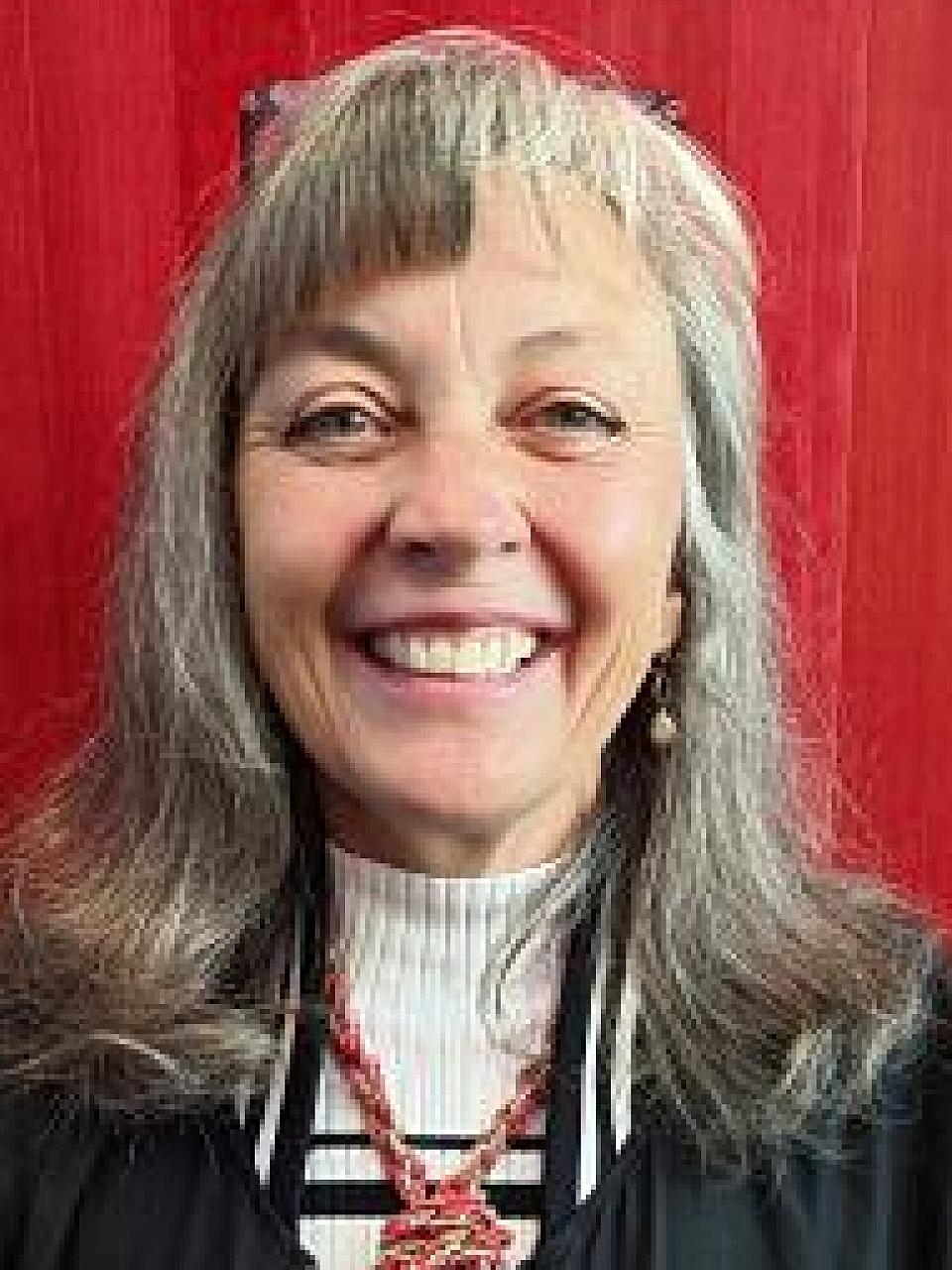Voices of U of U Health
Student Success Can Start Here: Critical Role of Academic Advisors
This is the first blog in a series about our commitment to provide every University of Utah student with an exceptional educational experience that helps them develop academically, personally, and professionally.
Today’s college students are older and busier. They come from all backgrounds and face more financial pressure. Strong school connections and adequate support resources are key to their success.
No one is better equipped to help a student through their university experience than an academic advisor.
Power of Personal Relationships
When I started advising many years ago, it hardly felt personal. I received a list of 1,200 student names, and my two job requirements were to explain the list of degree requirements and ensure each student completed them. It was prescriptive and simple but unsatisfying as I watched students struggle.
Then I built a relationship with one student facing some difficult personal situations. I helped him make it through his program with referrals to university services, motivational experiences, tutoring, and schedule options. At his graduation ceremony, the student and his entire family came up to hug me. “We all know that if you hadn’t stepped in and intervened, I wouldn’t have graduated,” the student said.
That really hit me. Growing up, I always knew I would go to college and graduate. But this student had no such assurance. Despite a supportive family, he had no knowledgeable network for assistance. His journey got me thinking more about student success.
I thought about some of my friends who never received a degree. They faced challenges they could not overcome and ended up walking away. What a disappointing outcome: debt from courses and no degree.
I realized advising had the potential to increase student success.

Centralized Model for Student Success
I decided to pursue this idea in my master’s and doctoral programs. Eventually, I became an administrator and could use my experience to address some of the issues I faced as an advisor.
When I joined the University of Utah College of Health, there were seven departments. Undergraduate advising was very decentralized. Each of our diverse departments had different styles, and there was no consistency in the student experience. I knew that centralizing our advisors together under one roof could help with training, professional development, burnout, and, most importantly, a more unified experience for students.
It wasn’t an easy pitch. Fortunately, former Dean David Perrin was receptive and willing to try a centralized advising system. In 2015, we opened the Sorenson Legacy Foundation Center for Student Success in the College of Health. By then, I was leading a skilled team of advisors and could give them the support they needed to thrive, enabling our students to thrive as well.
Addressing Advisor Burnout
Advisors across the country face high caseloads, stress, and burnout—so high that, in a national study, university presidents list it as one of their top five concerns. High advisor turnover could be a big problem for higher education in the future.
Over my many years at the University of Utah, I’ve used my own experience as an advisor, hours of training, and campus connections to change that paradigm.
When you are responsible for more than 400 students, it can be difficult to build trust or form any personal relationships. A centralized model helps me monitor and reallocate resources to keep caseloads manageable.
My team is cross-trained. If an advisor needs to take time off or go on vacation, they know we have their back and can fill in. I make sure they have ample time for vacation and can take sick time. We are also a WellU Certified office and provide wellness hours and health information for the staff.

I also push for professional development and new tools to make us better and more efficient. More than half of our current staff are institutionally, regionally, and globally recognized for their excellence. Many of our advisors have been with the center for more than eight years, and we all benefit from their longevity.
In 2023, I was honored to receive the Outstanding Administrator Award from NACADA, the global community for academic advising. It was gratifying to see my lifelong work recognition.
High-Impact Practice
As their advisors, we’re focused on helping students pass their classes and graduate. But we also know there is more to student success than the classroom experience. We want to get students involved in internships, experiential learning, or study abroad. Those are the life-changing experiences that motivate them to make it to the finish line.
If students are losing motivation, we have tools to help them get back on track. We use a technology called Navigate to give us predictive analytics on every student. We can find out who is struggling in a course, or who might be missing a foundational course, and do early intervention before that student drops out.
Advising is one high-impact practice that helps students go above and beyond what they’re learning. Even with its challenges, I’ve loved advising from the start and can’t think of a more rewarding career.
Other Blogs in This Series
